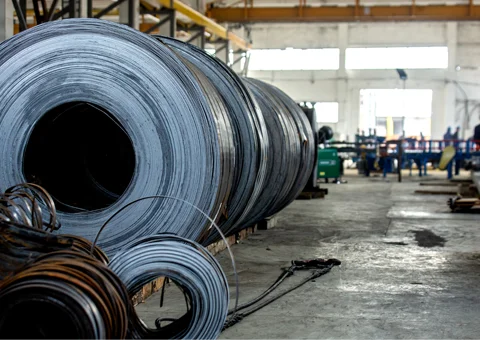Nippon Steel has extended the closing date for its $15 billion acquisition of U.S. Steel , as Japan’s biggest steel firm faces opposition from both the current and next president of the U.S.
Nippon Steel said on Thursday that it now expects to close the deal in the first quarter of 2025, updated from its prior estimated close of the third or fourth quarter of 2024.
On Monday, the Committee on Foreign Investment in the United States, an interagency panel that reviews such deals for potential threats to national security, referred the acquisition to President Joe Biden.
From the time that the committee handed Biden its report, he had 15 days to decide whether to strike down or approve the $15 billion deal.
An antitrust review led by the Department of Justice is also still pending. “Nippon Steel hopes that the President will use this time to conduct a fair and fact-based evaluation of the Acquisition,” the company said on Thursday.
“We remain confident that the Acquisition will protect and grow U. S. Steel, creating the best steelmaker with world-leading capabilities for the benefit of American workers and customers.”
Although it’s unclear what Biden’s final decision will be, he has been skeptical about the deal since it was first announced roughly a year ago. In March, Biden said it was “vital” that U.S. Steel remained domestically owned and operated.
Over the last few months, it’s been reported that the president plans to block the deal.
Rejecting the deal would be welcomed by the United Steelworkers union, which argues that it would weaken U.S. steel, as well as President-elect Donald Trump, who has also expressed his opposition.
Nippon Steel President Tadashi Iwai on Wednesday claimed that the company’s deal is being supported in regions of the U.S. where steel mills are located.
In September, the company upped its planned investments in the company by $1.3 billion, taking its total to $2.7 billion, as it plans to revitalize U.S. Steel’s largest facilities.
U.S. Steel CEO David Burritt has said that the acquisition would save thousands of jobs and allow the company to make investments in its older mills.
“We wouldn’t do that if the deal falls through,” Burritt told The Wall Street Journal earlier this year. “I don’t have the money.”
